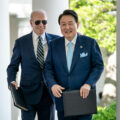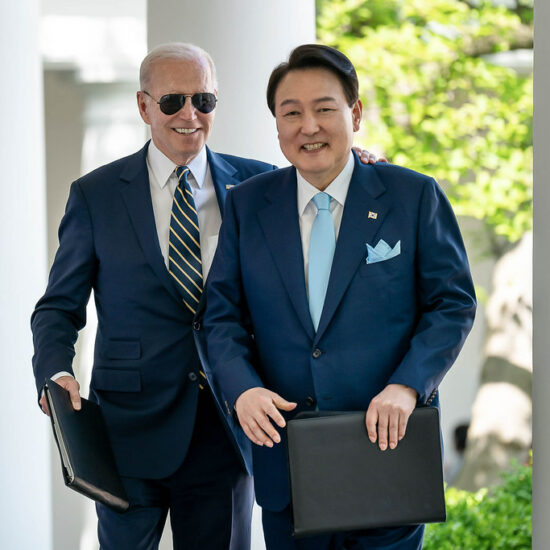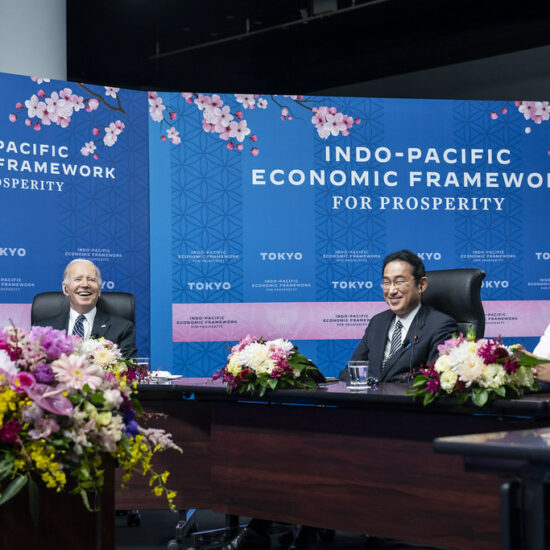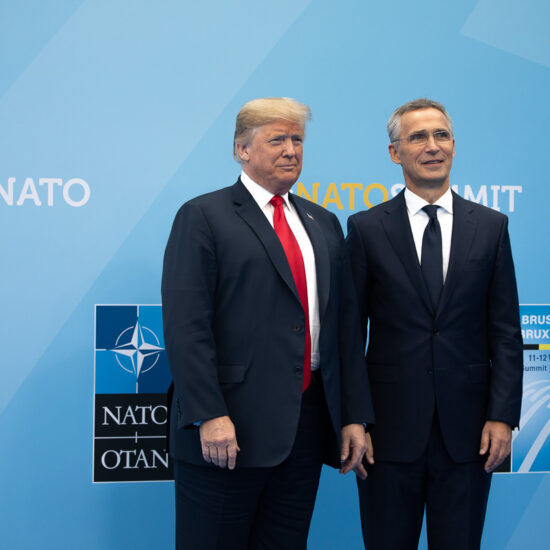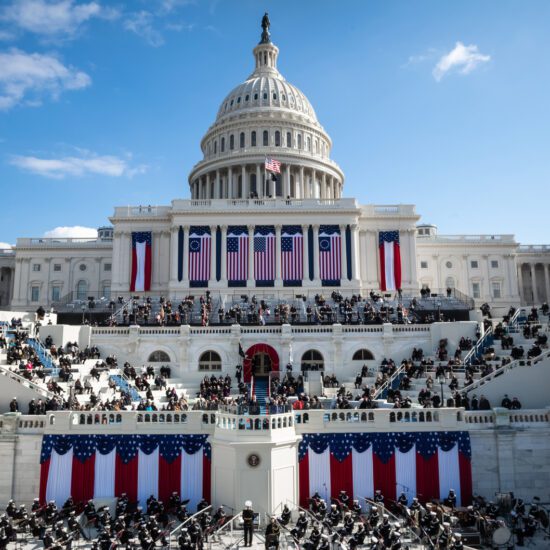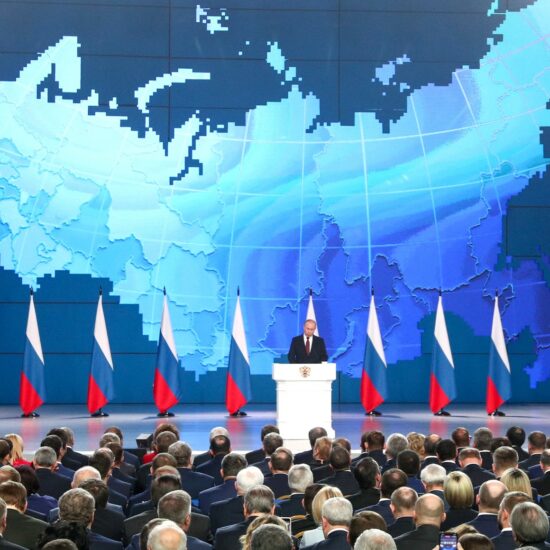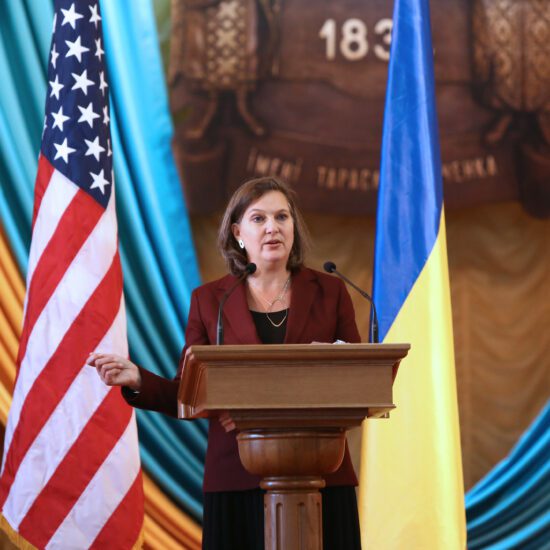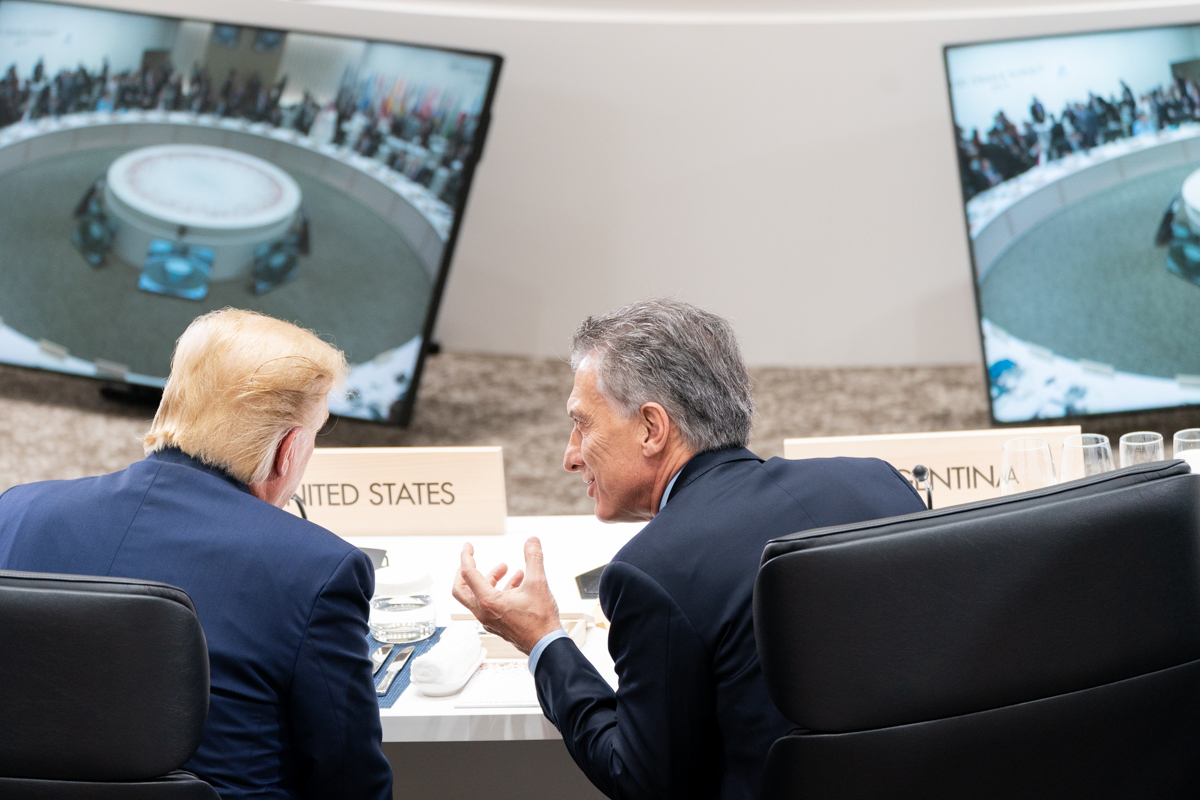
Attribution: The White House from Washington, DC [Public domain]
Description: President Donald J. Trump speaks with President Mauricio Macri of Argentina during a working luncheon on the Global Economy, Trade, and Investment at the G20 Japan Summit Friday, June 28, 2019, in Osaka, Japan. (Official White House Photo by Shealah Craighead)
By Amadeus Narbutt
Argentina is heading into election season this October, though the primaries concluded last weekend. Incumbent President Mauricio Macri finished second in the primaries with 33% of the vote, 15% behind populist candidate Alberto Fernández of the Justicialist Party (PJ). Fernández’s running mate is Cristina Fernández de Kirchner, former President herself, and wife of her predecessor the late President Néstor Kirchner. The Kirchners have built a political dynasty on the Argentine legacy of Perónism, named after progressive three-time President Juan Perón. Though some of Perón’s progressive legacy remains in the modern PJ, it has devolved into a corrupt populism, with Fernández de Kirchner facing trial on nearly a dozen charges of money laundering, embezzlement, and bribery.
The Kirchner’s populism has gained traction in response to the floundering economy of incumbent President Mauricio Macri. In 2018, the International Monetary Fund (IMF) provided Macri’s government with a heavily front-loaded three-year loan of $57 billion, breaking the record for the largest loan in the IMF’s history. The loan was necessary to repair the damage caused by Macri’s reckless governance, which included a borrowing spree that ballooned public debt by more than a third to a total of $321 billion.
In 2018, the Argentine peso collapsed due to capital flight and inflation rose. Macri’s actions left the state with fiscal and current-account deficits exceeding 5% of GDP and public debt nearing 90% of GDP. In response, the IMF implemented a plan they referred to as ‘expansionary austerity’, an oxymoronic term for a plan which has been inveighed by the Centre for Economic Policy Research as a set of policies that “are not worth the risks and human costs that they introduce”. Authors of the report, Mark Weisbrot and Laura Merling, state that the IMF’s program hopes to inspire market confidence and investment by reducing inflation and the current-account deficit through tactical shrinkage of the economy. However, they clarify that through this action, the IMF’s plan is likely to create a recession which will actually undermine market confidence (as investors are hesitant to infuse capital into uncertain and troubled markets) and that this effect will create a feedback loop which will drag out the recession longer and deeper than planned. The authors also point to Greece in 2010 as an example of a similar austerity and loan program that set unreachable fiscal targets.
Though the IMF published a report admitting to ‘noticeable failures’ in their Greek recovery plan, they have convinced themselves that Argentine growth will only see a minor decline in 2019 before a surge in 2020. The IMF hopes that this surge will arise as private-sector confidence soars in response to fiscal restraint, strict monetary policy, and privatization. This outlook is oblivious and irresponsible. A large portion of Macri’s recklessly accumulated debt is denominated in US dollars, and the US Treasury yield curve inverted just a few days ago, signalling a US recession is likely within the next two years. Capital flight has already been a worry for the Argentine economy during this downturn, and if previous Latin American debt crises are in any way instructive, it will be extremely vulnerable to any volatility in the US economy. For example, when the US Federal Reserve unexpectedly raised interest rates in 1994, it had sizable but manageable impacts on the US economy, but in response caused the 1994 Mexican debt crisis. With a US President who is willing to erratically lobby for interest rates changes via Twitter, governments like Argentina who have substantial US-denominated debt should not be as optimistic about global economic stability as the IMF plan encourages them to be.

